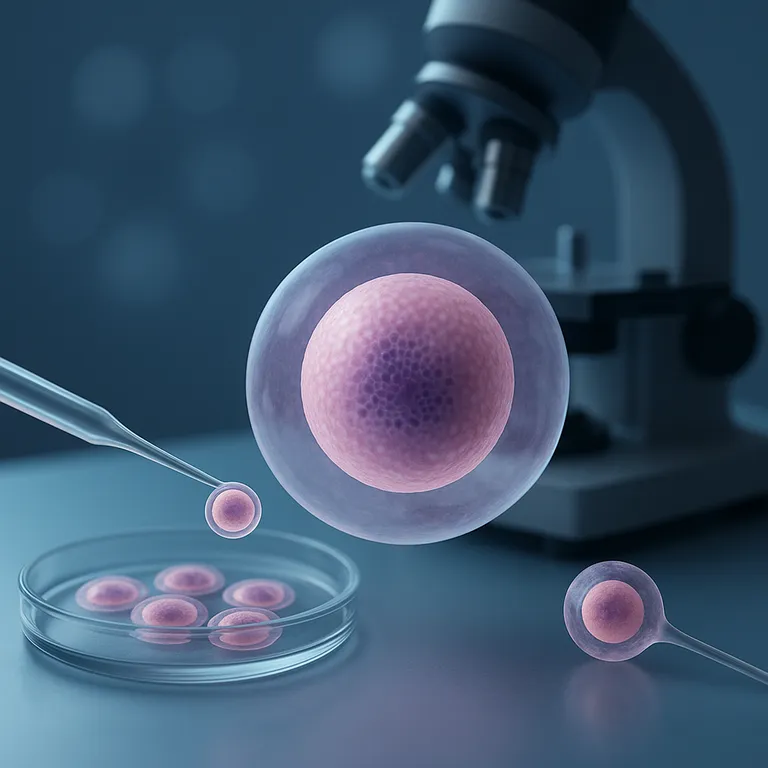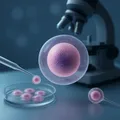A Revolutionary Discovery
In a pioneering study, scientists have successfully developed human egg cells from skin cells for the first time.
Though still in its early stages, this breakthrough could revolutionize fertility treatment and bring new hope to women who have lost their natural eggs due to age, illness, or medical treatments.
How It Works
Researchers used a process called cellular reprogramming:
- Skin cells were taken from a donor.
- These cells were reprogrammed into induced pluripotent stem cells (iPSCs).
- The iPSCs were then guided to develop into immature egg cells.
While these lab-created egg cells are not yet ready for fertilization, they mark a crucial first step in the journey toward lab-grown human eggs.
Why This Matters
- For Women with Fertility Challenges: This technology could one day allow women who lost their eggs due to chemotherapy, premature menopause, or age-related decline to conceive.
- For Reproductive Medicine: It opens a new frontier in fertility treatments, moving beyond egg donation and IVF.
- For Science: It provides valuable insights into how eggs form, which could improve understanding of infertility and genetic conditions.
Challenges Ahead
- The egg cells are still immature and cannot yet support fertilization.
- Ethical and safety concerns must be carefully addressed before human trials.
- Long-term research is needed to prove effectiveness and safety.
Looking to the Future
Experts believe it could take a decade or more before lab-created egg cells are ready for clinical use.
Still, this breakthrough offers a glimpse of a future where fertility medicine is more inclusive, giving countless women new options for building families.
By ✍️ Yorlinda Ramìrez- MicuPost Team
Sources:



